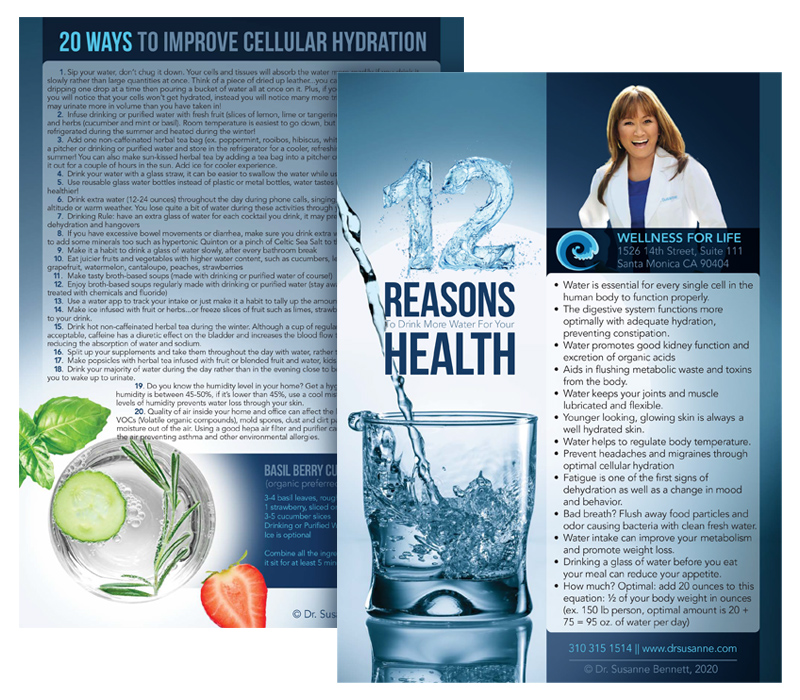 Keeping your baby healthy is number one on any parents list, so when mothers hear that their breast milk may be what is making their new born sick, they are torn. In some cases, babies may experience vomiting, fever, rash or gas. These are all symptoms of allergic reactions and must be addressed immediately.
Keeping your baby healthy is number one on any parents list, so when mothers hear that their breast milk may be what is making their new born sick, they are torn. In some cases, babies may experience vomiting, fever, rash or gas. These are all symptoms of allergic reactions and must be addressed immediately.
Luckily, there is no ‘real’ allergy to breast milk. The reactions in new borns is usually caused from what is in the mothers milk. Taking a closer look into your own diet may help to sort out what your new born is having difficulty digesting or is allergic to. Refrain from taking in milk, soy, fish or nuts. If the symptoms cease you may want to try to reintroduce one item at a time into your diet so that you can pin point exactly what your baby is allergic to. In some cases, babies may be lactose intolerant and are just not able to digest the enzymes in milk.
If you want to be safe, it is best to stay away from dairy, soy and nuts for the remainder of your breast feeding. Wait until your baby has moved onto formula, to be sure as to not pass anything on to them and keep them from any further harm, like potentially developing further allergies. If you have any further concerns or worry it may be something more serious contact your doctor immediately, take no chances and consult and expert.
References
http://www.livestrong.com/article/373323-can-an-infant-be-allergic-to-breast-milk/



